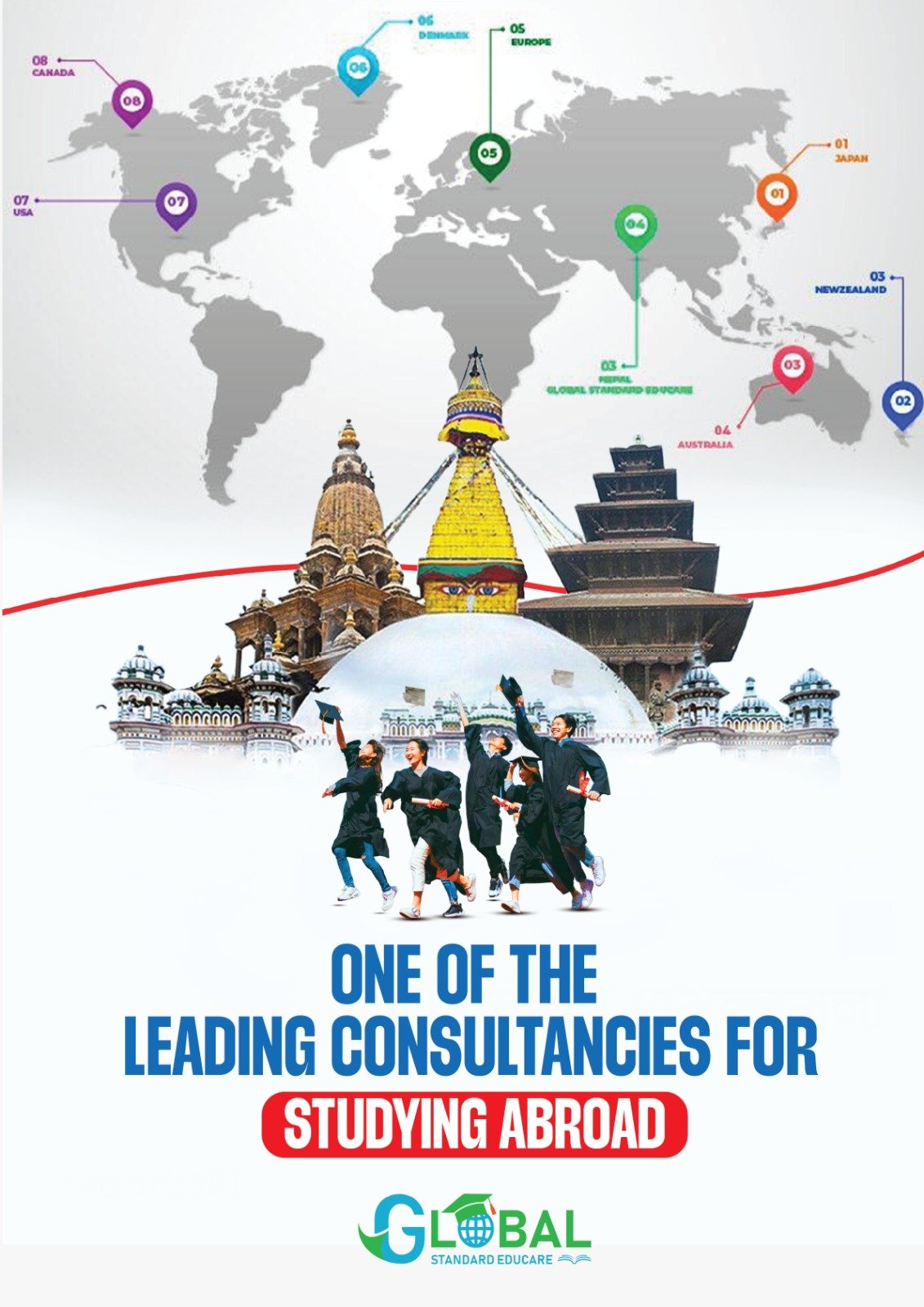
A Guide to Cultural Adaptation for Study Abroad Success
The journey of studying abroad extends far beyond academic pursuits. It presents a unique opportunity for personal growth, cultural immersion, and forging lifelong friendships with people from diverse backgrounds. However, adapting to a new culture can be both exciting and challenging. This blog serves as a companion guide for Nepali students venturing abroad, offering valuable tips to navigate cultural differences and thrive in your new academic and social environment.
Understanding Cultural Differences: Embracing the "Why"
Before embarking on your journey, take time to research the cultural landscape of your chosen destination. Here are some aspects to consider:
- Social Norms and Customs: Explore greetings, salutations, dining etiquette, and communication styles in your host country. Understanding these cultural nuances lays the groundwork for respectful interactions.
- Religious Practices: Familiarize yourself with the predominant religions practiced in your host country. This fosters inclusivity and sensitivity towards diverse beliefs.
- Language and Communication: While mastering the language of instruction is crucial, delve into everyday expressions and colloquialisms used by locals. This enhances communication and facilitates social integration.
Breaking the Ice: Bridging the Gap Between Cultures
- Embrace the Unfamiliar: Approach cultural differences with an open mind and a spirit of curiosity. See them as opportunities for learning and personal growth.
- Seek Out Local Experiences: Step outside your comfort zone and actively engage in local activities, festivals, and traditions. This fosters a deeper appreciation for your host culture.
- Connect with International Students: Universities often have vibrant international student communities. Engage with these communities to share experiences, navigate common challenges, and build a strong support network.
Overcoming Challenges: Building Resilience
Adapting to a new culture can present challenges like homesickness, communication difficulties, or academic adjustments. Here's how to navigate these obstacles:
- Seek Support: Don't hesitate to reach out to friends, family, university support services, or fellow students for help and guidance when needed. Building a strong support network is crucial.
- Maintain Connections Back Home: Schedule regular calls with family and friends back in Nepal. However, avoid dwelling on what you miss; instead, focus on creating new memories and experiences.
- Embrace Independence and Problem-Solving: Studying abroad entails learning to be self-reliant. Embrace opportunities to solve challenges on your own, fostering personal growth and resilience.
Celebrating Your Journey: A Transformation Through Cultural Exposure
Studying abroad is more than just academics; it's a transformative experience. By embracing cultural differences, expanding your worldview, and forging connections with people from diverse backgrounds, you'll gain invaluable life skills and develop a broader perspective.
Embrace this adventure with open arms, and remember, the challenges you overcome and the experiences you gather will contribute to shaping you into a well-rounded global citizen.



.png)


.png)

